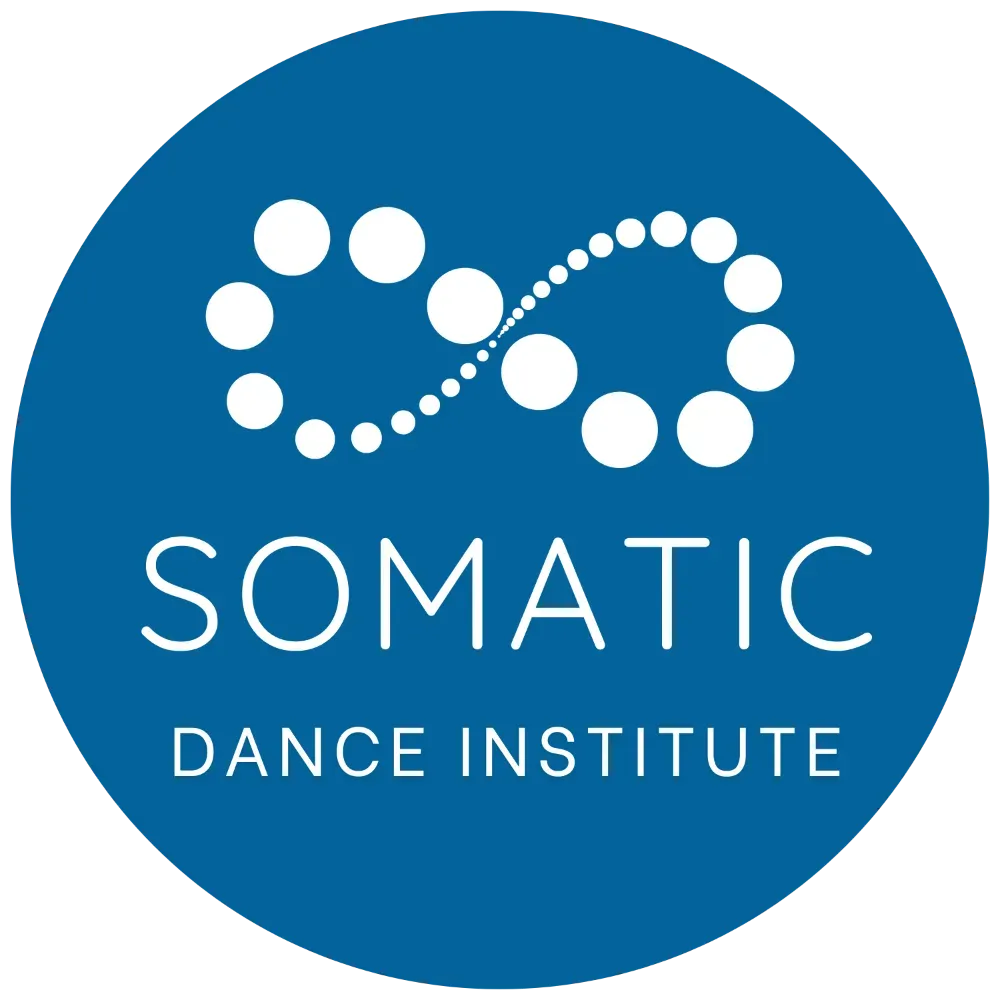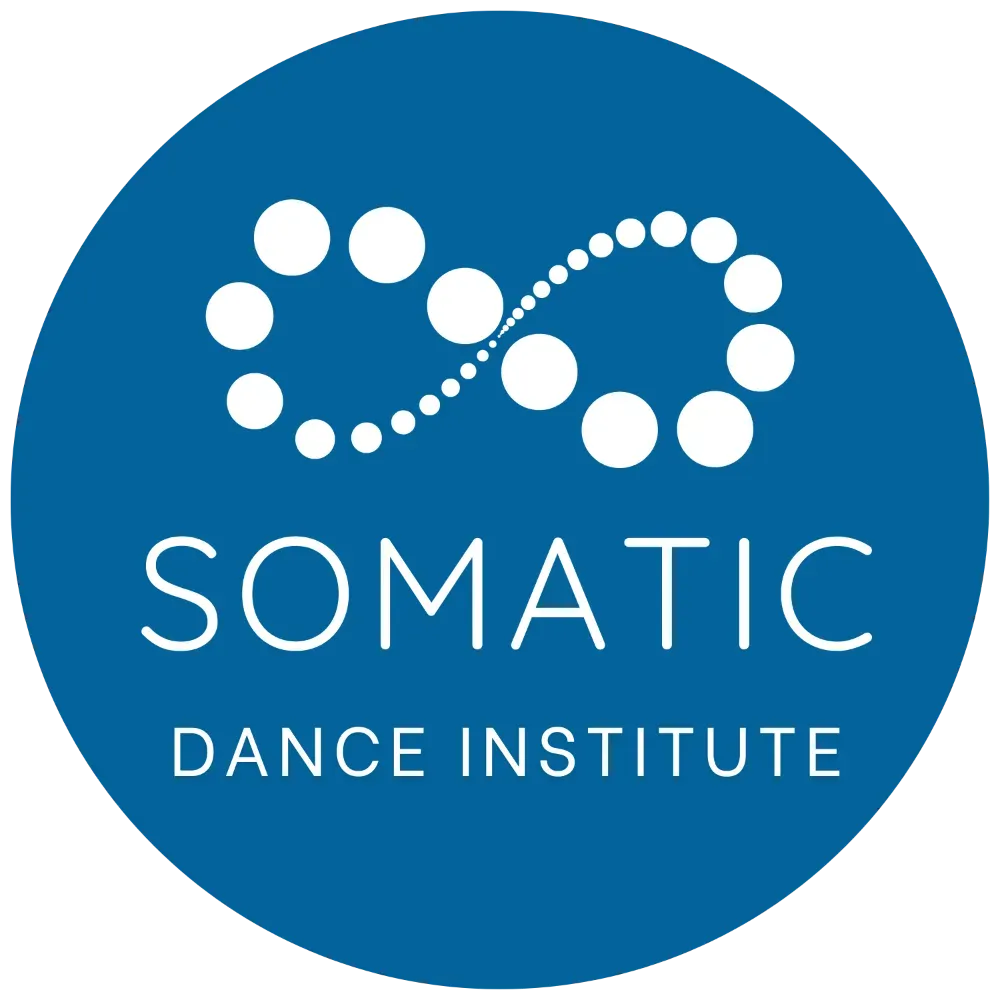Mental Health Misinformation on Social Media: Reflections from My Harvard Collaboration
Nov 11, 2025
By Sah D’Simone – Founder of the Somatic Dance Institute & Creator of the Somatic Activated Healing™ Method
I'm honored to share that I recently had the privilege of collaborating with Harvard University to address one of the most pressing public health challenges of our time:
The mental health misinformation crisis on social media.
The Mental Health Misinformation Crisis: By the Numbers
Recent studies reveal an alarming trend in how social media is reshaping our understanding of mental health:
- Nearly one in four Americans now report self-diagnosing mental health conditions based solely on social media content, and among younger generations, that number rises to almost one in three.
- Over half of Americans encounter mental health misinformation online at least once a week, often leaving them anxious, misinformed, or uncertain about their well-being.
- Nearly half of Gen Z report trusting influencers and peers for health advice more than medical professionals, while one in three admit that a content creator with no clinical training has influenced a personal health decision.
This shift means people are delaying proper care, misinterpreting their symptoms, and unintentionally deepening their suffering by following unqualified advice.
Bringing an Unsanitized Approach to Harvard
What made this Harvard collaboration particularly meaningful was bringing a perspective rooted in lived experience rather than textbooks.
I sat in those rooms as the disruptor, someone who has witnessed the full spectrum of the human condition—
From global celebrities in gilded rooms to the most unseen and unloved: kids who were once enslaved, unhoused youth, orphans, former addicts, and people taking their last breaths.
- I came to the table to challenge the narrative that we should be immune to pain.
- I asked my colleagues to question the glorification of productivity at all costs.
- I spoke of reconnecting with Earth, body, and truth.
Redefining Wellness: Beyond Perfection and Productivity
The crisis of misinformation is about more than just false facts — it’s about a deeper confusion around what wellness truly means.
We've been taught that wellness is a perfect mind in a perfect body, free of struggle. But that illusion fuels the very anxiety we’re trying to escape.
True wellness isn’t the absence of pain, but the courage to stay with life, and befriend even what aches and terrifies us.
My vision of a decolonized approach to mental well-being is one that:
- Honors the body as the first site of truth, where emotions, trauma, and resilience are felt before they’re analyzed.
- Restores community care to the center of healing, rather than outsourcing it entirely to institutions or algorithms.
- Expands the definition of wellness beyond Western ideals of perfection, productivity, and individualism to include the collective, the messy, and the deeply human.
Why Embodied Truth Matters in Mental Health
My experience at Harvard was a powerful reminder that science and spirituality don’t need to live in separate worlds.
Real transformation begins when evidence meets empathy, and data sits beside lived experience.
Bringing ancient wisdom into modern conversations about mental health is reunion, not rebellion.
It’s how we ensure that the future of public health remembers the wholeness of the human being.
The journey from pain to grace, from suffering to belonging, from siloed wellness to collective healing: this is the work.
It's an honor to contribute this perspective within institutions that shape how we care for the human spirit.
A Call to Action: Taking an Honest Approach to Mental Healing
As you navigate your own mental health journey, I invite you to take an unsanitized approach, rooted in honesty, embodiment, and compassion.
Let your healing be messy and real.
Let your curiosity be stronger than your fear.
And while you stay informed, don’t let social media replace professional support or the wisdom of your own body.
Question what you hear. Seek evidence and embodiment.
Because true mental health isn’t filtered — it’s felt.
Your mind and body deserve more than an algorithm can offer.
To learn more and try Somatic Dance for yourself:
• Get my free resource: Dance for Change: 3-Day Challenge
• Come to Somatic Dance Sundays, every week with Sah
• Go deeper with Somatic Dance Emotional Detox: a 24 practice journey from emotional baggage to embodied freedom
• Join the waitlist for the next Somatic Activated Healing Certification


